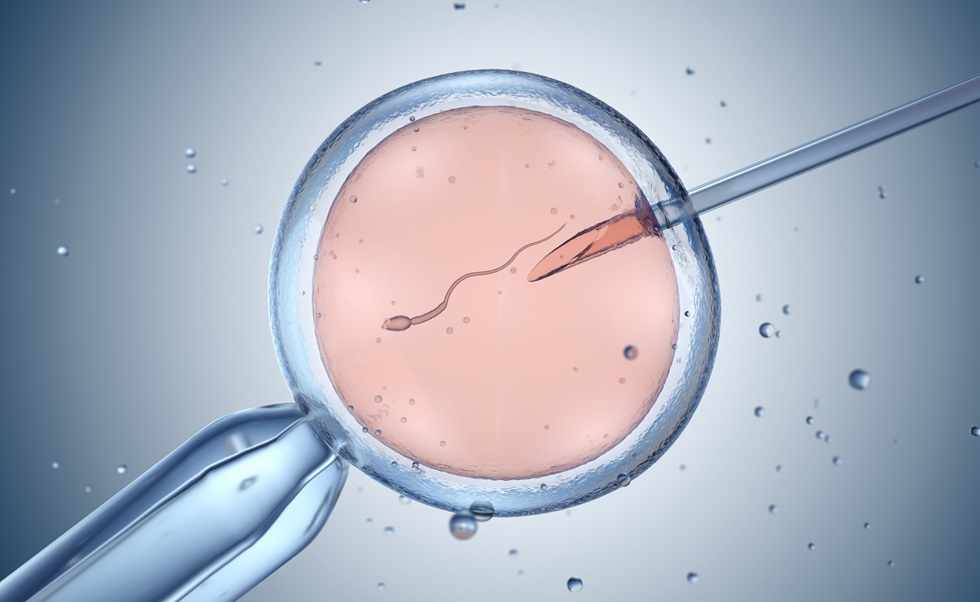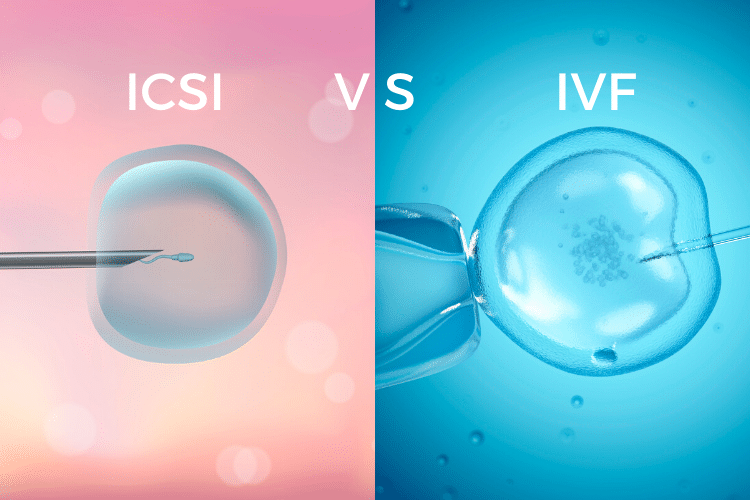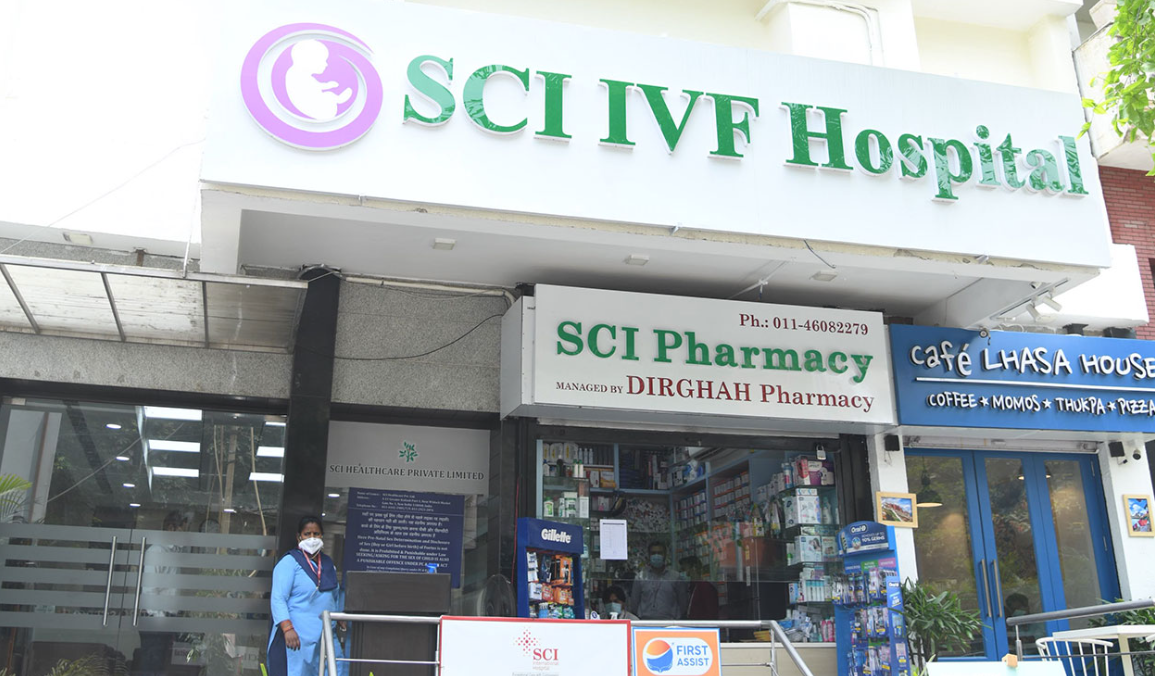For many couples struggling with infertility, IVF (In Vitro Fertilization) is a ray of hope. However, while IVF is a successful and widely accepted fertility treatment, it sometimes results in a high-risk pregnancy. Understanding what this means and how to manage it is essential for the health and safety of both mother and baby.
At SCI IVF Hospital, under the guidance of Dr. Shivani Sachdev Gour, patients receive comprehensive care from conception through delivery—including high-risk pregnancy management.
What Is a High-Risk Pregnancy?
A high-risk pregnancy refers to any pregnancy that has a higher chance of complications for the mother, the baby, or both. After IVF, certain medical, maternal, or treatment-related factors can increase this risk.
Why IVF Pregnancies May Be High-Risk
Although IVF is a safe procedure, some aspects of the process can contribute to a high-risk pregnancy:
Maternal Age: Women undergoing IVF are often over 35, increasing the risk of pregnancy complications.
Multiple Pregnancy: IVF increases the chance of twins or triplets, which can lead to preterm birth or low birth weight.
Underlying Health Issues: Conditions like diabetes, hypertension, or thyroid disorders may already exist.
History of Infertility or Miscarriage: Women with a history of reproductive complications require closer monitoring.
What to Expect During a High-Risk IVF Pregnancy
At SCI IVF Hospital, patients are given personalized, high-touch care throughout the pregnancy. Here's what you can typically expect:
1. Frequent Monitoring
Regular ultrasounds, blood tests, and fetal monitoring are essential to track the development of the baby and the health of the mother.
2. Specialist Consultations
You may be referred to a maternal-fetal medicine (MFM) specialist for advanced pregnancy management, especially in cases of gestational diabetes, hypertension, or multiple pregnancies.
3. Lifestyle and Dietary Guidance
Dr. Shivani Sachdev Gour and her team provide customized diet and lifestyle plans to support maternal health and fetal development.
4. Prevention of Preterm Labor
High-risk pregnancies have a higher chance of early labor. Special care is taken to avoid premature delivery, and medications may be used if necessary.
5. Mental Health Support
The emotional toll of a high-risk IVF pregnancy is real. At SCI IVF Hospital, psychological counseling and support are available to help manage stress and anxiety.
How SCI IVF Hospital Ensures Safe Outcomes
SCI IVF Hospital is equipped with cutting-edge technology and a multidisciplinary team that works together to ensure the safest outcomes for both mother and child. Known as the best IVF doctor in Delhi, Dr. Gour emphasizes holistic care, continuous monitoring, and proactive intervention.
Conclusion
While a high-risk pregnancy after IVF may sound intimidating, with expert care and continuous monitoring, most women go on to have safe and healthy deliveries. Choosing an experienced and supportive team—like the one at SCI IVF Hospital—can make all the difference in your journey to parenthood.










Write a comment ...